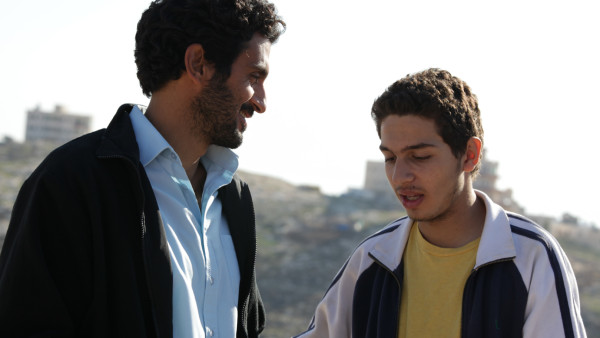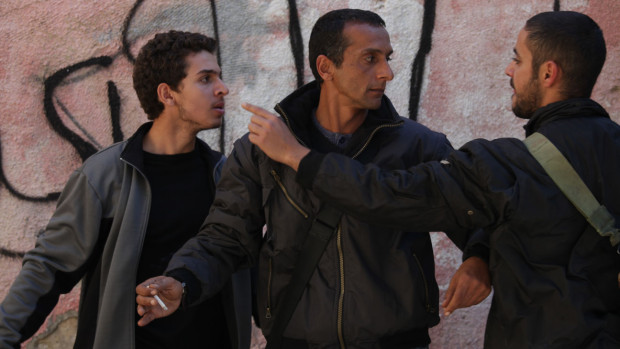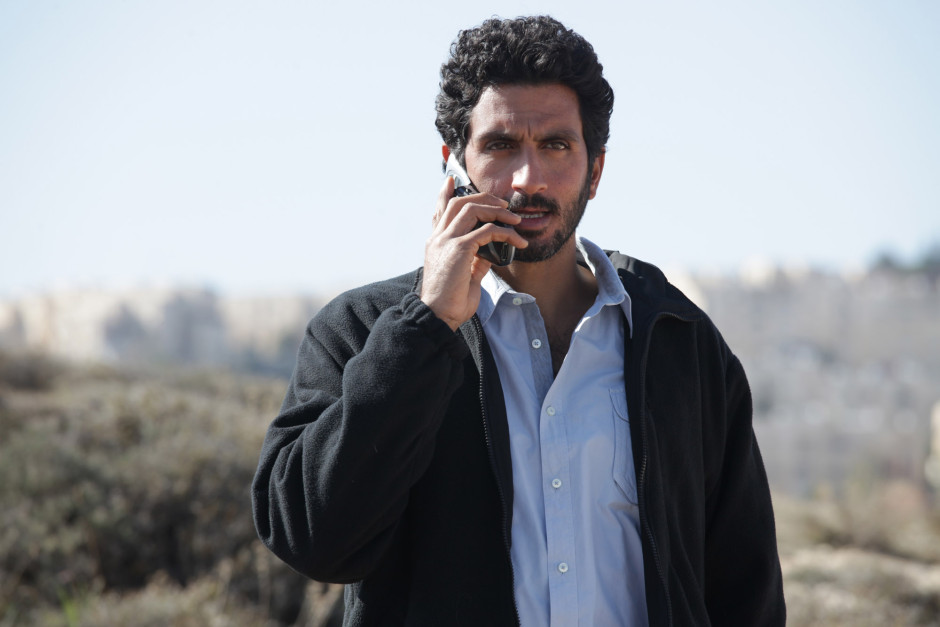Yuval Adler’s first feature film, Bethlehem, should catapult him into the upper rungs of Israel’s movie industry. Screened at the Toronto International Film Festival and set to open in Canada on April 4, Bethlehem is strong and explosive. Normally, a visceral thriller of this calibre would have been made by a seasoned director. But in this case, Adler is the shining exception to the rule.
His film is set during the turbulent period following the outbreak of the second Palestinian uprising in 2000, when Israel was virtually under siege by squads of suicide bombers affiliated primarily with Hamas.

Bethlehem starts with the news that a bomber in Jerusalem has just blown himself up, killing nine civilians. To the consternation of the Shin Bet, Israel’s domestic intelligence service, a second bomber is on the loose.
The suspected bomber, Ibrahim al-Masri (Hisham Suliman), is a leading member of the Al Aqsa Martyrs Brigade, an armed group based in the West Bank that has already killed 30 Israelis. His 17-year-old brother, Sanfur (Sahdi Marei), an Israeli collaborator from Bethlehem who’s been working for the Shin Bet since the age of 15, is under pressure to help track down Ibrahim. Sanfur’s fatherly Israeli handler, Razi (Tsahi Halevi), is well positioned to exert influence on Sanfur, having forged a bond with him.
Far from only being an action film about an intense manhunt, Bethlehem explores the dark underbelly of Palestinian politics, exposing the rifts that divide various factions and the corruption that besets the Palestinian Authority, the internationally-recognized body that administers part of the West Bank, including Bethlehem. It’s clear that secular Palestinian nationalists harbor contempt for the Islamists of Hamas, and that senior PA officials live off the fat of the land thanks to the generosity of foreign donors.
Beyond this, Adler leaves the impression that casual racism is common in Palestinian society. Badawi (Hitham Omari), a ferocious Palestinian leader who opposes a truce with Israel that the PA supports, refers contemptuously to Israelis as “fucking Jews.” A PA functionary, in turn, dismisses Badawi as a mere Bedouin.

Like the Arab-Israeli conflict, Bethlehem is rife with violence and a brooding atmosphere of menace.
In the opening scene, a bunch of teenaged Palestinian boys fire bullets at a road sign in Hebrew, Arabic and English, and then proceed to play a foolishly dangerous game that can easily land any of them in a hospital.
As the film gathers momentum, Palestinian guerrillas, submachine guns at the ready, wait nervously to attack an Israeli military convoy. When Israeli commandos finally pinpoint Ibrahim’s whereabouts, he tries to escape, setting off a bloody confrontation. Still more blood flows when Badawi metes out vigilante justice to a colleague who, he believes, has gone politically soft.
Bethlehem, however, turns mainly on Razi’s relationship with Sanfur. Razi, who speaks Arabic fluently, genuinely likes him and treats almost him like a son. As a result, Razi’s hard-driving boss, Levy (Yossi Eini), suspects he’s coddling, if not protecting, Sanfur, and thereby undermining an important mission.
Unfolding in Arabic and Hebrew against the scenic backdrop of Jerusalem and the West Bank, Bethlehem is muscular and gritty, a film about loyalty, betrayal, intrigue, deceit and duplicity focusing on Israel’s trench warfare with the Palestinians.
Adler directs with a deft hand, never allowing the suspense to lag or wither. His actors, particularly Halevi, Marei and Omari, are in top form. Together, they create a film that elicits admiration and respect.
